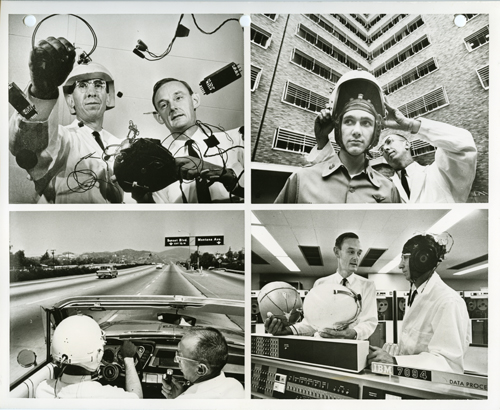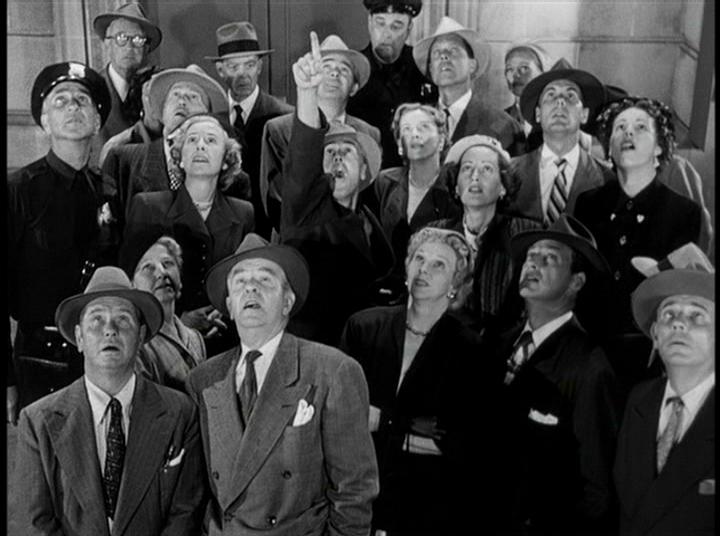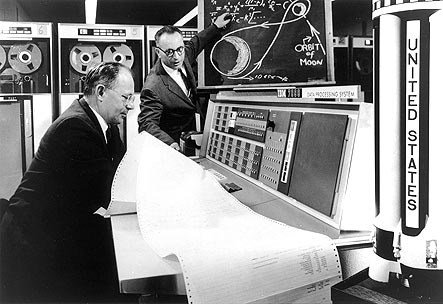Alex Pentland got his start in Big Data, wearables and the quantified life while working with Canadian beavers four decades ago. From Maria Konnikova at the Verge:
“It all started with beavers. When Alex Pentland was three years into his undergraduate degree at the University of Michigan, in 1973, he worked part-time as a computer programmer for NASA’s Environmental Research Institute. One of his first tasks — part of a larger environmental-monitoring project — was to develop a method for counting Canadian beavers from outer space. There was just one problem: existing satellites were crude, and beavers are small. ‘What beavers do is they create ponds,’ he recalls of his eventual solution, ‘and you can count the number of beavers by the number of ponds. You’re watching the lifestyle, and you get an indirect measure.’
The beavers were soon accounted for, but Pentland’s fascination with the underlying methodology had taken root. Would it be possible, the 21-year-old wondered, to use the same approach to understand people and societies, or use sensors to unravel complex social behavior? And in so doing, could we find a way to improve our collective intelligence — to create, in a sense, a world that was more suited to human needs, where cities and businesses alike were developed using objective data to maximize our happiness and productivity?
Pentland would spend the next four decades exploring those very questions, finding ways to observe people and their patterns from a computer rather than outer space.”




